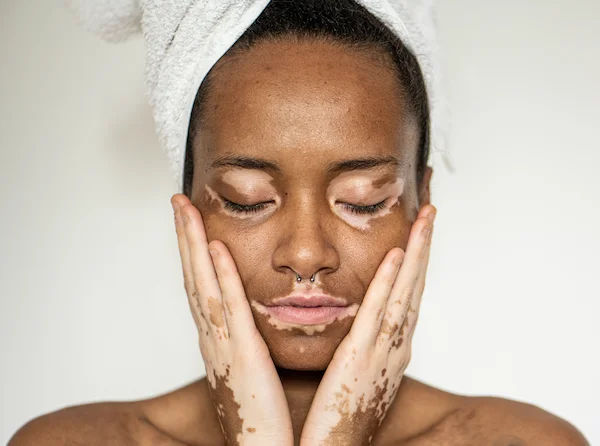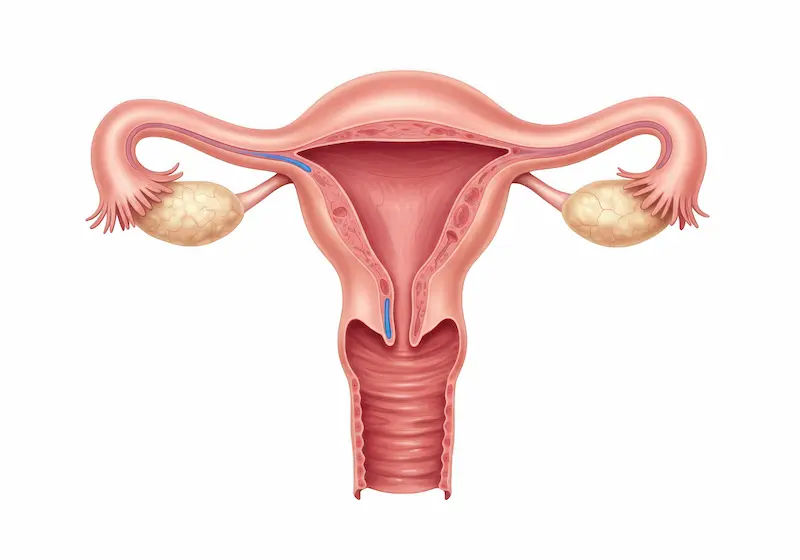Frostbite Treatment Options and Guidelines
Learn how to identify, treat, and prevent frostbite with expert-backed first aid tips and medical guidelines. Understand symptoms, risk factors, and when to seek emergency care.


Frostbite is a serious condition that occurs when skin and underlying tissues freeze due to extreme cold. It most commonly affects fingers, toes, ears, nose, and cheeks. If not treated properly, frostbite can lead to permanent damage or even amputation. Understanding how to recognise, prevent, and treat frostbite is crucial, especially during winter months or in cold climates.
This article will help you learn about frostbite, its symptoms, causes, and effective treatment options. We’ll also share some practical tips to protect yourself and when to seek medical help.
What is Frostbite?
Frostbite happens when your skin and tissues freeze due to prolonged exposure to cold temperatures. It occurs in stages, starting with mild frostnip and progressing to severe frostbite if left untreated.
Stages of Frostbite
1. Frostnip (Mild Frostbite)
- The earliest stage, when the skin becomes cold, red, and numb.
- No permanent damage; warming the skin can reverse it.
2. Superficial Frostbite
- Skin turns pale or white and feels hard or waxy.
- Blisters may form after rewarming.
3. Deep Frostbite
- Affects deeper tissues, including muscles and bones.
- Skin becomes numb, turns blue or black, and may develop severe blisters.
- Requires immediate medical attention to prevent tissue death.
Symptoms of Frostbite
Recognising frostbite early can help prevent complications. Look for these signs:
Early Signs:
- Cold, tingling, or burning sensations in the skin
- Redness or paleness of the skin
- Numbness or loss of feeling
Advanced Signs:
- Hard, waxy, or frozen skin
- Blisters filled with clear or bloody fluid
- Blackened or darkened skin (a sign of severe damage)
Causes and Risk Factors
Frostbite occurs when your body is exposed to freezing temperatures for too long. Factors that increase the risk include:
- Extreme Cold: Prolonged exposure to temperatures below freezing (0°C or 32°F).
- Wet Clothing: Moisture speeds up heat loss from the body.
- Poor Circulation: Conditions like diabetes or peripheral artery disease reduce blood flow to the extremities.
- Alcohol or Smoking: These can impair judgment and reduce blood flow, making frostbite more likely.
- High Altitudes: Lower oxygen levels can increase the risk.
Consult Top Specialists
First Aid and Treatment for Frostbite
If you or someone else has frostbite, follow these steps:
1. Move to a Warm Place
- Get indoors as soon as possible.
- Avoid walking on frostbitten feet or toes if possible.
2. Remove Wet Clothing
Wet clothes worsen frostbite. Change into dry, warm clothing.
3. Warm the Affected Area Slowly
- Do NOT rub the skin - this can cause more damage.
- Use warm (not hot) water (37–40°C or 98–104°F) to soak the area for 15–30 minutes.
- Avoid direct heat (like a heating pad or fire), as numb skin can burn easily.
4. Protect Blisters
If blisters form, do not pop them. Cover them loosely with a sterile bandage.
5. Pain Management
Over-the-counter pain relievers like ibuprofen can help reduce pain and swelling.
6. Seek Medical Help If:
- The skin remains numb or discoloured after warming.
- Blisters develop (especially if they are dark or bloody).You suspect deep frostbite (blackened skin, severe pain, or no feeling).
When to Visit a Doctor
Severe frostbite requires professional medical treatment. Seek emergency care if:
- The skin turns black or dark blue.
- There is no improvement after rewarming.
- Signs of infection appear (increased pain, swelling, redness, or pus).
At Apollo 24|7, you can consult a doctor online or book an appointment for expert advice on frostbite treatment. Early medical intervention can prevent complications.
Preventing Frostbite
Prevention is always better than a cure. Follow these tips to stay safe in cold weather:
- Dress in Layers: Wear loose, warm clothing, including gloves, a hat, and insulated boots.
- Keep Dry: Wet skin freezes faster. Change out of damp clothes immediately.
- Cover Exposed Skin: Use scarves, face masks, and earmuffs in extreme cold.
- Stay Hydrated and Eat Well: Proper nutrition helps your body generate heat.
- Limit Alcohol and Smoking: These reduce blood flow to the extremities.
- Take Breaks Indoors: If you’re outside for long, warm up periodically.
Final Thoughts
Frostbite is a preventable condition, but if it happens, quick action can minimise damage. Knowing the symptoms and first aid steps can make a big difference. If you suspect severe frostbite, don’t hesitate to seek medical help.
For expert advice or consultation, you can reach out to specialists at Apollo 24|7 for prompt and professional care.
Consult Top Specialists
Consult Top Specialists

Dr. Ashita Kuruvilla
General Practitioner
7 Years • MBBS
Kolkata
KVC CLINIC, Kolkata

Dr Suseela
General Physician
5 Years • MBBS
Bengaluru
Apollo Medical Center, Marathahalli, Bengaluru

Dr. Anand Ravi
General Physician
2 Years • MBBS
Bengaluru
PRESTIGE SHANTHINIKETAN - SOCIETY CLINIC, Bengaluru

Dr. Rupam Chowdhury
Orthopaedician
10 Years • MBBS, DNB (Ortho.)
Kolkata
MCR SUPER SPECIALITY POLY CLINIC & PATHOLOGY, Kolkata

Dr. Vivek D
General Physician
4 Years • MBBS
Bengaluru
PRESTIGE SHANTHINIKETAN - SOCIETY CLINIC, Bengaluru
Consult Top Specialists

Dr. Ashita Kuruvilla
General Practitioner
7 Years • MBBS
Kolkata
KVC CLINIC, Kolkata

Dr Suseela
General Physician
5 Years • MBBS
Bengaluru
Apollo Medical Center, Marathahalli, Bengaluru

Dr. Anand Ravi
General Physician
2 Years • MBBS
Bengaluru
PRESTIGE SHANTHINIKETAN - SOCIETY CLINIC, Bengaluru

Dr. Rupam Chowdhury
Orthopaedician
10 Years • MBBS, DNB (Ortho.)
Kolkata
MCR SUPER SPECIALITY POLY CLINIC & PATHOLOGY, Kolkata

Dr. Vivek D
General Physician
4 Years • MBBS
Bengaluru
PRESTIGE SHANTHINIKETAN - SOCIETY CLINIC, Bengaluru




